Ten Menopause Signs & Symptoms
Menopause is the time that marks the end of your menstrual cycles. It’s diagnosed after you’ve gone 12 months without a menstrual period. Menopause can happen in your 40s or 50s, but the average age is 51 in the United States. Menopause is a natural biological process. But you may experience some symptoms that may disturb your daily lifestyle.
A woman is born with all of her eggs, which are stored in her ovaries. The ovaries also make the hormones estrogen and progesterone, which control her period and the release of eggs. Menopause happens when the ovaries no longer release an egg every month and menstruation stops. Symptoms may occur years before a woman’s final period. Some women may experience symptoms for months or years afterward. Read more about the symptoms in this article.
1. Irregular Vaginal Bleeding

During menopause, hormone levels may not follow this regular pattern. As a result, you may have irregular bleeding or spotting. Some months, your period may be longer and heavier. Other months, it may be shorter and lighter. If you are experiencing irregular vaginal bleeding, it is important to seek your doctor’s advice to rule out other conditions such as endometrial cancer.
2. Night Sweats
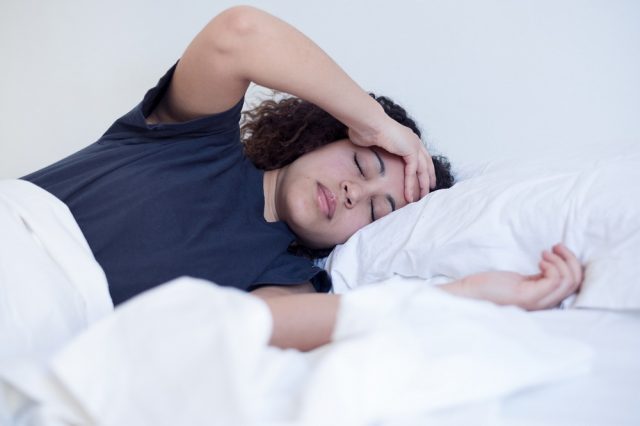
Night sweats associated with hot flushes are sudden feelings of intense body heat that can occur during the day or night. They can often wake women up from sleep.They’re your body’s reactions to the hormonal changes associated with menopause. Night sweats differ from the occasional experience of waking up sweaty due to sleeping under heavy blankets or in a room that’s just too warm and you sweat enough that your clothes or sheets are drenched.
3. Hot Flashes
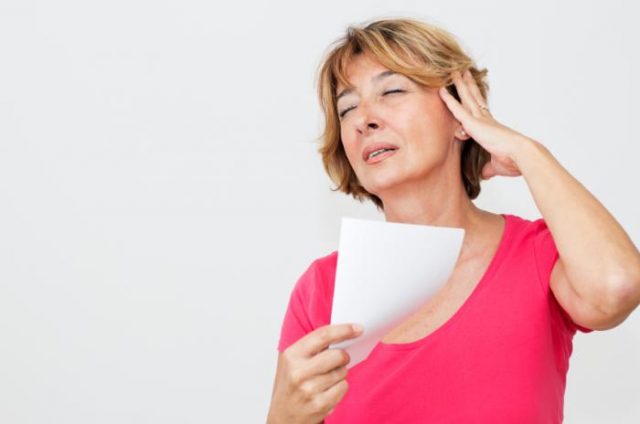
Hot flashes are often described as a sudden sensation of heat in the chest, face, and head followed by flushing, perspiration, and sometimes chills. Most women will experience hot flushes when going through the menopause. They’re often described as a sudden feeling of heat that seems to come from nowhere and spreads throughout the body. Hot flushes can start a few months or years before start the menopause and usually continue for several years after your last period. More than two-thirds of North American women who are heading into menopause have hot flashes.
4. Urinary Symptoms

During menopause many women may experience urogenital problems such as urinary incontinence. Reduced levels of estrogen starting around menopause can cause thinning of the lining of the urethra, the short tube that passes urine from the bladder out of the body. The surrounding pelvic muscles also may weaken with aging, a process known as “pelvic relaxation. As a result, women at midlife and beyond are at increased risk for urinary incontinence, or the involuntary leakage of urine. These changes increase the risk of a urinary tract infection and can cause the woman to feel the need to urinate more frequently, discomfort during micturition, and leakage of urine when straining, coughing, sneezing, laughing, or lifting heavy objects.
5. Vaginal Symptoms
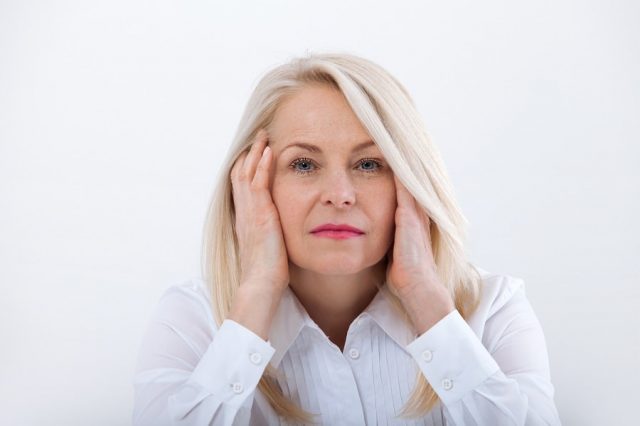
During menopause, levels of estrogen, an important hormone in women, naturally go down. When estrogen levels fall, the vaginal walls can become thin, dry, and inflamed. This can be uncomfortable. In many women, this leads to symptoms of vaginal burning, irritation, pain during sex, bleeding, or discharge. For dyspareunia, vaginal lubricants can be helpful.
6. Cognitive Symptoms

A long-standing, but unproven hypothesis is that menopause symptoms cause cognitive difficulties during the menopause transition. Estrogen decrease during menopause can lead to flushing, mood changes, and in some studies, mild cognitive changes such as mild memory loss, verbal fluency impairment, fine motor skills and slowed psychomotor speed. This menopause-related cognitive decline is very mild.
7. Emotional Symptoms
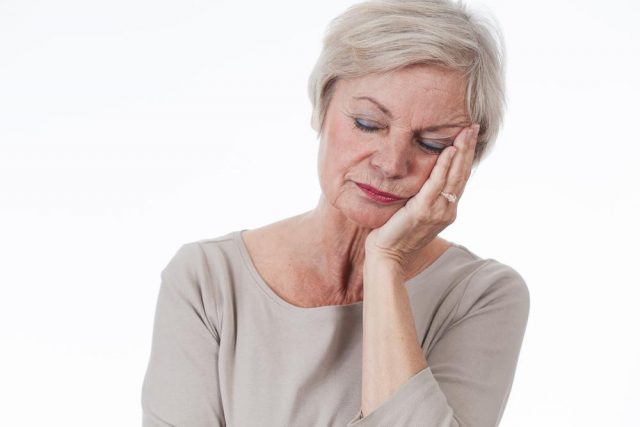
Some of the emotional changes experienced by women undergoing perimenopause or menopause can include: feelings of sadness, anxiety, lack of motivation, difficulty concentrating, aggressiveness, stress, and mood changes. It occurs due to the declining estrogen levels. In some women, menopause can be associated with a variety of emotions, both positive and negative.
Your menopause-related emotions can range from mild mood swings to severe depression. If you ever feel that you are unable to cope or simply just want someone to talk to, you should see your doctor.
8. Insomnia
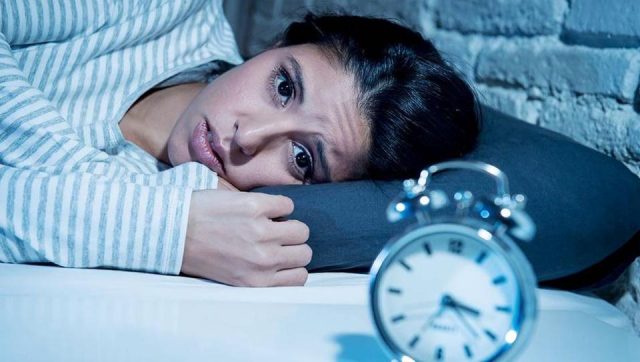
Hormonal fluctuations low estrogen like the magnitude of those that take place during menopause, can wreak havoc with your emotional and physical state and disturb sleep enough that they can produce insomnia symptoms. Because menopause occurs over a period of years, usually, insomnia symptoms can go from transient and temporary, to chronic and severe. If its severe try to consult with your doctor and practice better sleep hygiene.
9. Weight Gain

The hormonal changes of menopause might make you more likely to gain weight around your abdomen than around your hips and thighs. Weight gain is usually related to aging, as well as lifestyle and genetic factors. Unhealthy lifestyle, lack of exercise, insufficient sleep also contribute in weight gain.
10. Headaches
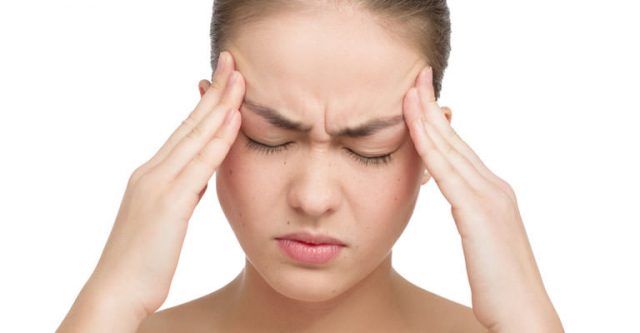
Women experience headache during menopause because of fluctuations in hormone levels such as estrogen and progesterone. This caused by factors such as genetics, diet and hormonal fluctuations. Hormone replacement therapy or estrogen patches may be able to help with relief. talk to your doctor to discuss treatment options.
